The Birkbeck Institute for the Study of Antisemitism holds seminars, workshops and conferences for scholars, and lectures, discussions and film screenings that are open to everyone.
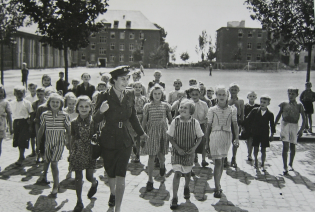
To mark the postponed seventh international multidisciplinary conference, Beyond Camps and Forced Labour, this virtual symposium will explore new international debates in Holocaust memorialisation.
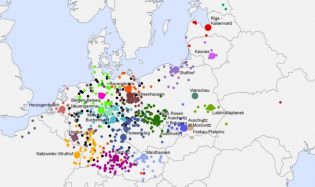
Forty years after the first edition of Martin Gilbert’s ‘Atlas of the Holocaust’ was published. Professor Cole examines four decades of mapping the Holocaust in the analogue and digital age. He also poses a broader question: why should historians and the wider public concern themselves with mapping the past?
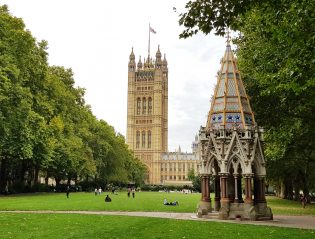
In contemporary Britain, the relationship between public Holocaust memory and discussion of the State of Israel is both sensitive and complex. In this talk David Tollerton will discuss a too-often unacknowledged aspect of the Holocaust’s legacy in 21st century Britain.
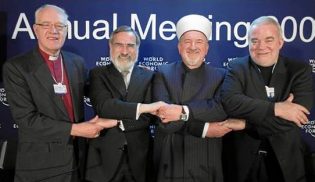
In the postwar period, Jewish-Christian relations have been characterised by an increase in dialogue and mutual respect, and a spirit of post-Holocaust contrition on behalf of church leaders.
In this talk, Professor Schaffer considers this postwar atmosphere as an example of interfaith relations, focusing on residual tensions and challenges, specifically on Jewish suspicions concerning Christian evangelism.
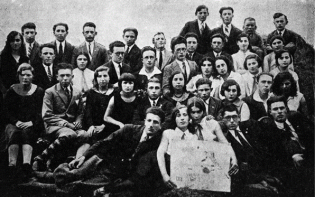
The mid-1920s brought stability to Poland and sped the assimilation of its three million Jews. But already in the late 1920s, many began to believe that there was little prospect of a decent future for Europe’s largest Jewish community. In this lecture, Professor Moss explores how intellectuals and ordinary people confronted this crisis of their future.

This pathbreaking project investigates the extent and forms of antisemitic hate speech on websites and social media platforms in France, Germany and the UK.
In this talk, Dr Becker will outline the project’s approach and its practical application: developing AI machine learning capable of recognizing explicit and implicit antisemitic hate speech.
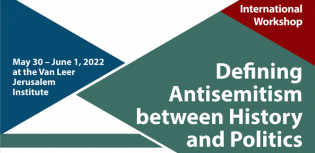
This workshop, conceived by the Birkbeck Institute for the Study of Antisemitism in partnership with The Van Leer Jerusalem Institute and others, will provide a space for scholars from different disciplines to examine the current debate over definitions of antisemitism and to explore what is at stake. It will give historical and theoretical depth to a heated political debate.
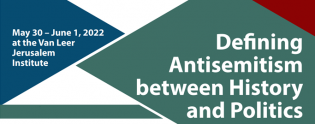
The question of how to define and combat antisemitism divides both the Jewish world and global opinion, with Israel and Zionism at the heart of these disputes. This roundtable brings together voices from diverse perspectives to take a closer look at what is antisemitism today.

The plethora of explanations of antisemitism is testimony to the complexity of “the longest hatred.” In this lecture, Professor Chaouat asks, can we outline the trends that remain constant in antisemitic bigotry?

In this roundtable, scholars with diverse views will discuss the questions of whether anti-Zionism is antisemitic. Is it right to link the fight against antisemitism to other struggles against racism and xenophobia? Can antisemitism be defined, and do existing definitions advance the fight against it?
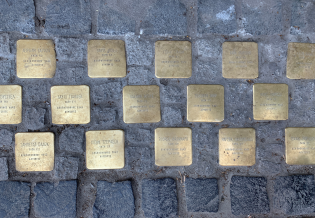
Placed throughout Europe, Stolpersteine (stumbling stones) are memorials which mark the final homes of victims of Nazi violence. Based on multi-sited research on the German artist, Gunter Demnig’s Stolperstein Holocaust memorial project, this talk will focus on the improvised rituals that descendants create to accompany the dedications and installations.
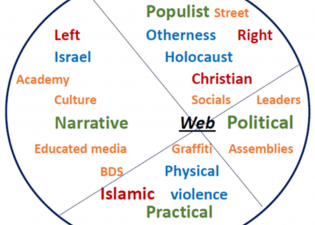
In this seminar, Sergio DellaPergola will examine the perceptions and experiences of antisemitism following an inductive approach, turning the conventional analyses upside down to focus on the voices and perspectives of the object and victims of hostility and prejudice – the Jews.
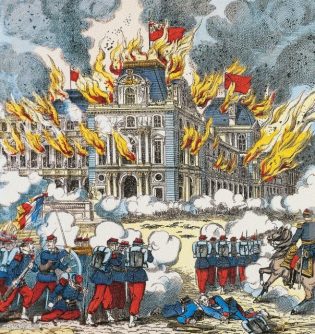
In this lecture David Feldman explores the appeal of conspiracy theory in the years after the First World War and the responses of British Jews to the threat they faced. He asks how this history can illumine the challenges we face combatting antisemitism today.
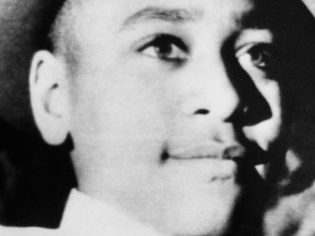
“The Untold Story of Emmett Louis Till” (2005), produced and directed by Keith Beauchamp, presents a compelling examination of racism in 1950s America. This award winning documentary, which took over nine years to complete, examines the circumstances surrounding the murder of Emmett Till and the outrage that followed.
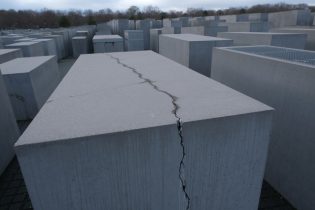
In this seminar Valentina Pisanty asks whether over the last twenty years the simultaneous growth of Holocaust memorialisation and racism are two independent historical threads, or whether there is a connection between them? She asks whether a society which wishes to oppose the current wave of xenophobia should examine this contradiction?
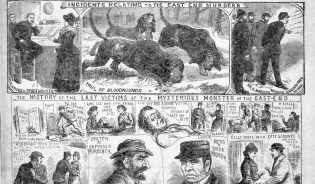
This lecture looks at popular suspicions that Jack the Ripper was a Jewish migrant and the reactions to these accusations among Jews. By looking at contemporary reportage in newspapers we will see how readers and writers used print media to draw attention to the boundaries between ‘Englishman’ and foreigner, fact and fiction, and the limits of religious certitude in the face of inexplicable evil.
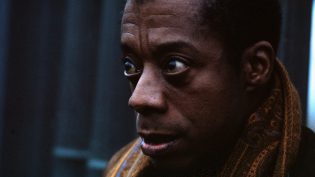
In James Baldwin’s protracted and ambivalent engagement with Holocaust history and memory in the 1960s, Baldwin coded moral orientations toward the Holocaust to political orientations toward Black oppression and revolt.
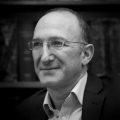
In an age of populism and nationalism it is more important than ever to understand the connections between antisemitism and other forms of racialization.
Professor David Feldman, Director